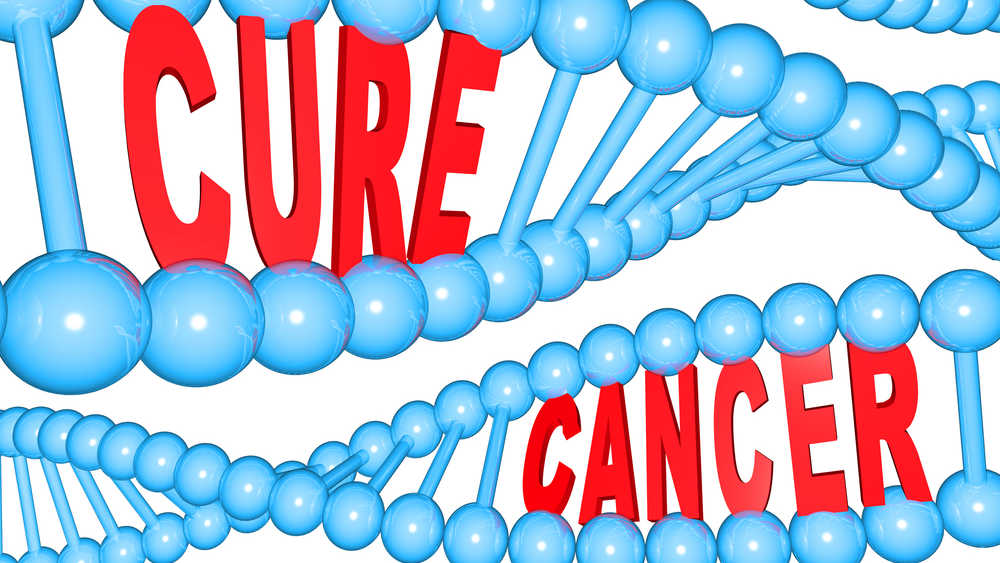
War on cancer - The current pandemic, which has disrupted cancer treatment, has, paradoxically, also become a boon for cancer research as envisaged in the Cancer Moonshot programme
Public education and spreading awareness regarding methods of prevention are perhaps the more important components of all anti-cancer programmes

The current pandemic, which has disrupted cancer treatment, has, paradoxically, also become a boon for cancer research as envisaged in the Cancer Moonshot programme whose three main guiding principles are erasing the boundaries among different research agencies, interest groups and even nationalities; sharing of big data and experiment results in real time to build on each other’s success so that time and money are not wasted in reduplicating work; and simplifying financial regulations for allocation of funds and resources to enlarge the scope and reach of clinical trials. The swiftness with which medical communities and science researchers have responded to develop treatment protocols with new vaccines in the case of Covid-19 by sharing clinical data and experiences often forgoing research credits shows that the lofty objectives of the Cancer Moonshot programme through the formation of multi-national and multi-institutional global alliances remain realistic.
This is also the call of World Cancer Day, following the adoption of the Paris Charter at the World Summit Against Cancer for the New Millennium in February 2000. The idea is to form a global alliance against cancer, one that will not only stretch up to the last citizen but also encourage active participation. The success of any public health programme depends on active participation by citizens motivated through tireless awareness campaigns and the sharing of relevant information.
Yet, this is far from an easy task. Science was abused during the pandemic through misinformation that, at times, served political interests. The anti-vaccine movement and the reluctance to undergo a biopsy are two facets of the same problem.
Public education and spreading awareness regarding methods of prevention are perhaps the more important components of all anti-cancer programmes. There are more than 200 different types of cancer with diverse biologies that evolve through multi-factorial processes. It will thus be difficult to find a common trajectory to reach them all. Modern cancer research has grown with sophisticated but costly procedures. Genetic engineering and immune modulation will take time to reach clinical application and make a difference. Preventive oncology, however, can address the challenge. Programmes to raise awareness about cancer-causing substances, HPV and Hepatitis B vaccination, establishing telemedicine networks for remote screening of and early detection in rural populations and periodical checkups can substantially reduce suffering in this country where 40 per cent of cancer deaths are caused by preventable cancers.

0 Response to " War on cancer - The current pandemic, which has disrupted cancer treatment, has, paradoxically, also become a boon for cancer research as envisaged in the Cancer Moonshot programme"
Post a Comment
Disclaimer Note:
The views expressed in the articles published here are solely those of the author and do not necessarily reflect the official policy, position, or perspective of Kalimpong News or KalimNews. Kalimpong News and KalimNews disclaim all liability for the published or posted articles, news, and information and assume no responsibility for the accuracy or validity of the content.
Kalimpong News is a non-profit online news platform managed by KalimNews and operated under the Kalimpong Press Club.
Comment Policy:
We encourage respectful and constructive discussions. Please ensure decency while commenting and register with your email ID to participate.
Note: only a member of this blog may post a comment.